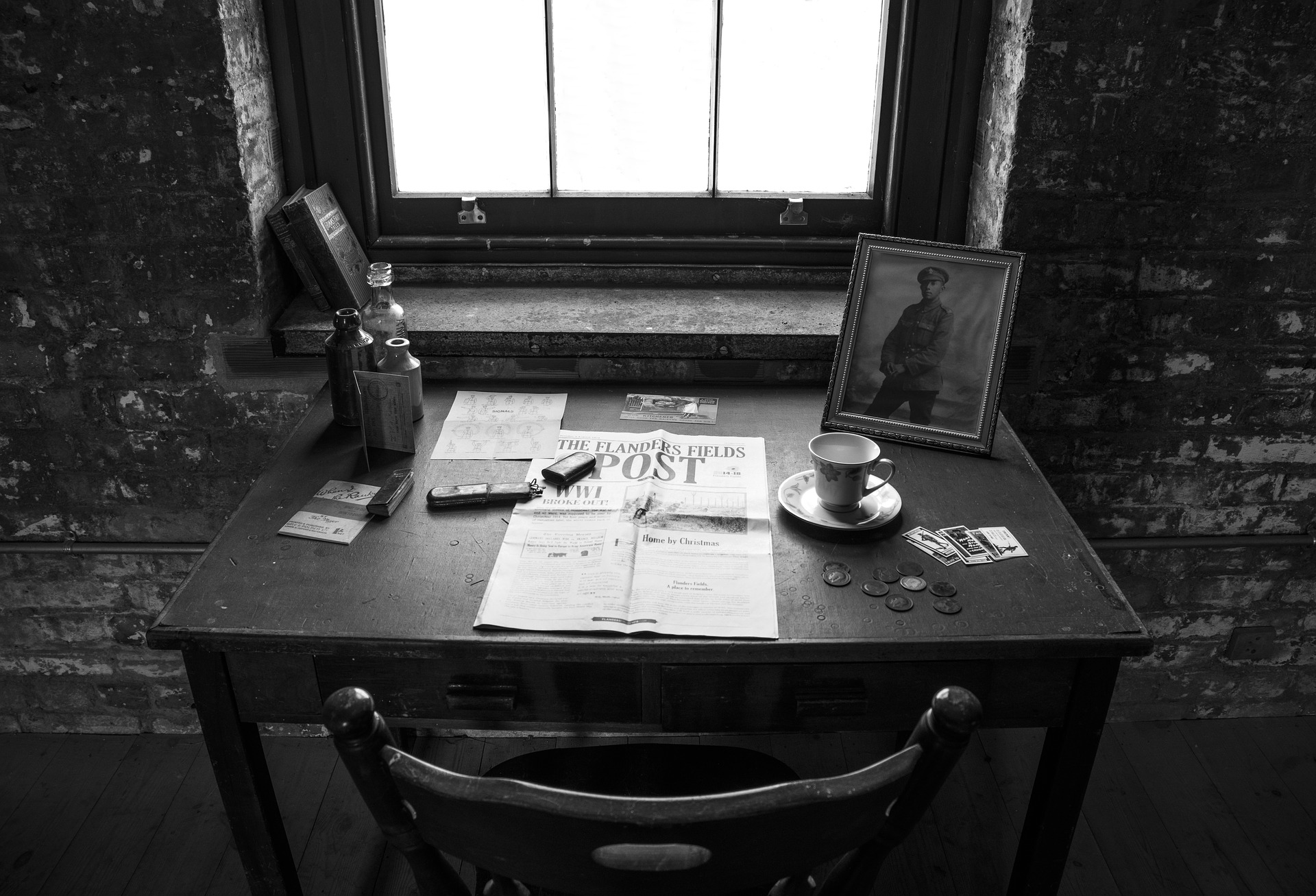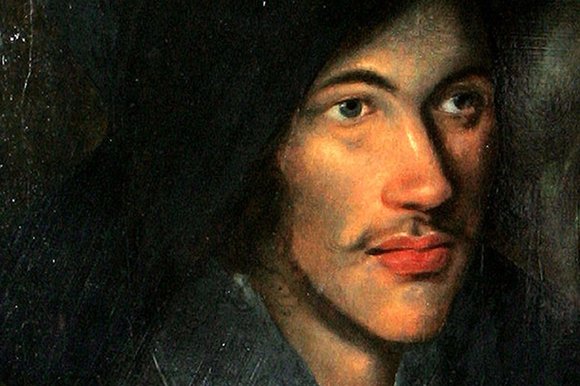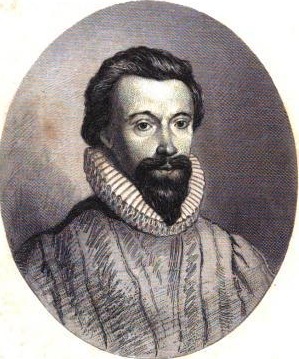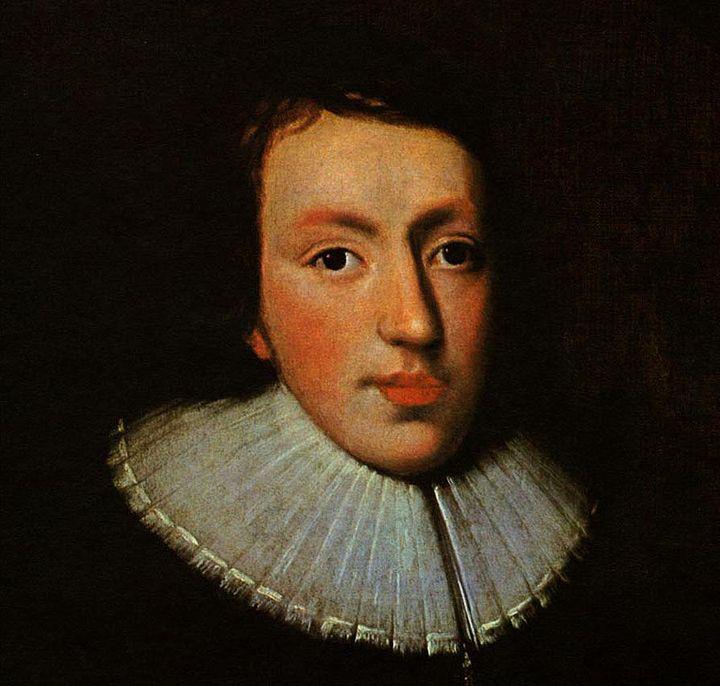Air and Angels: Themes
Love:
Love is the predominant theme. Love is approached in two different ways in this poem. Initially, the speaker, whom we can also call the poet-persona, can be seen as having a definitive view of love. Love, according to him, in the first stanza, needs to take a bodily form to be recognized. He justifies this by comparing it to a soul. The soul needs a body to initiate any kind of action, and so does love. He, however, posits too much emphasis on the physicality of love, and soon he feels love faltering under pressure. This realization begins in the second stanza.
The love described in the second stanza recalls platonic ideals. In that respect, love is spiritual, utterly real, hence, removed from the world’s materiality. It is envisioned as air. To enhance the purity of this kind of love, the speaker equates the spiritual side of love to angels. By the end of the poem, the speaker has an epiphany of sorts. He realizes that both sensuality and spirituality are essential for love to succeed. Too much of either could burden love; to be a mixture of both in equal parts is what love aspires.
The last three lines,
“Just such disparity /As is ‘twixt air and angels’ purity,
‘Twixt women’s love, and men’s, will ever be” also hearken the duality of love.”
What Donne means by these lines can be understood once we understand how he portrays the duality of love. One side of love is absurdly obsessed with superficial beauty, while the other concentrates on platonic and spiritual ideals. To merge these two kinds is to reconcile to halves of a whole. And his comment about the disparity between man’s love and woman’s does just that. One gender represents the physical, the other, the spiritual. And when united completely the picture, it balances the society. It is uncertain which love is assigned to which gender because Donne understands human nature. He knows that human nature is individual, and every person has a unique perspective. He leaves it to us to work out the meaning between the lines.
Sexuality:
Donne allows a quick tip of the hat to one of the most natural acts of the world. It might be hidden under the veil of subtlety, but there is, nonetheless, a distinct hint to the possibility of recognizing sex as a natural counterpart to love.
Spirituality:
Another distinct theme. It is a salutation to the immortality of the soul.
Donne says, “But since my soul, whose child love is,
Takes limbs of flesh, and else could nothing do.”
The soul is then an omniscient being before taking a physical form. The soul always exists. Thus, it is immortal.
Also, comparing his beloved’s face to angels is another gesture towards the spiritual realm.
Air and Angels: Poetic Devices
Metaphors:
Angels: Angels are used as metaphors for purity. The angels depicted are angels of the air. It is a well-known notion that angels represent the various elements, but the angels representing air are the purest and rank the highest in the angel hierarchy.
Love: Love is not only portrayed as itself; it also acts as a metaphor for the speaker’s beloved. Love, which is an emotion, is seen to become his beloved, to whom he addresses the poem.
Pinnace: Pinnace is a light boat that is usually conjoined with a ship for emergencies. Pinnace is metaphorical of love in this poem. In the second half of the poem, the pinnace is over-fraught by a ballast that has proven to be too strong for the light boat.
Ballast: Ballast is a device by which a vehicle is stabilized. In this poem, the ballast represents societal conventions of beauty and attire.
Imagery:
He uses nautical imagery of a light boat traversing the waters, faltering at times. He portrays love as a tender, gullible skiff that runs the risk of becoming burdened by the weight of superficial conventions of society.
Rhythm & Metre:
The poem consists of two stanzas, each fourteen lines long. Both the stanzas follow the abbabacdcddeee rhyme scheme.
In conclusion, the poem is not merely a love sonnet or a religious verse. It is about balance in society and within oneself. John Donne was born in a recusant Catholic family in Protestant England. Shortly after his brother, Henry died, he faced a spiritual crisis that questioned his faith in Roman Catholicism. Later, he took a job as a preacher in an Anglican church, although he was reluctant to adopt the faith. His search for equilibrium in his personal life and faith urged him to look for some kind of balance in his poetry. Other than Air and Angels: Themes and Poetic Devices, you must refer to Air and Angels Summary for a better understanding of the poem.
Some online learning platforms provide certifications, while others are designed to simply grow your skills in your personal and professional life. Including Masterclass and Coursera, here are our recommendations for the best online learning platforms you can sign up for today.
The 7 Best Online Learning Platforms of 2022
- Best Overall: Coursera
- Best for Niche Topics: Udemy
- Best for Creative Fields: Skillshare
- Best for Celebrity Lessons: MasterClass
- Best for STEM: EdX
- Best for Career Building: Udacity
- Best for Data Learning: Pluralsight













